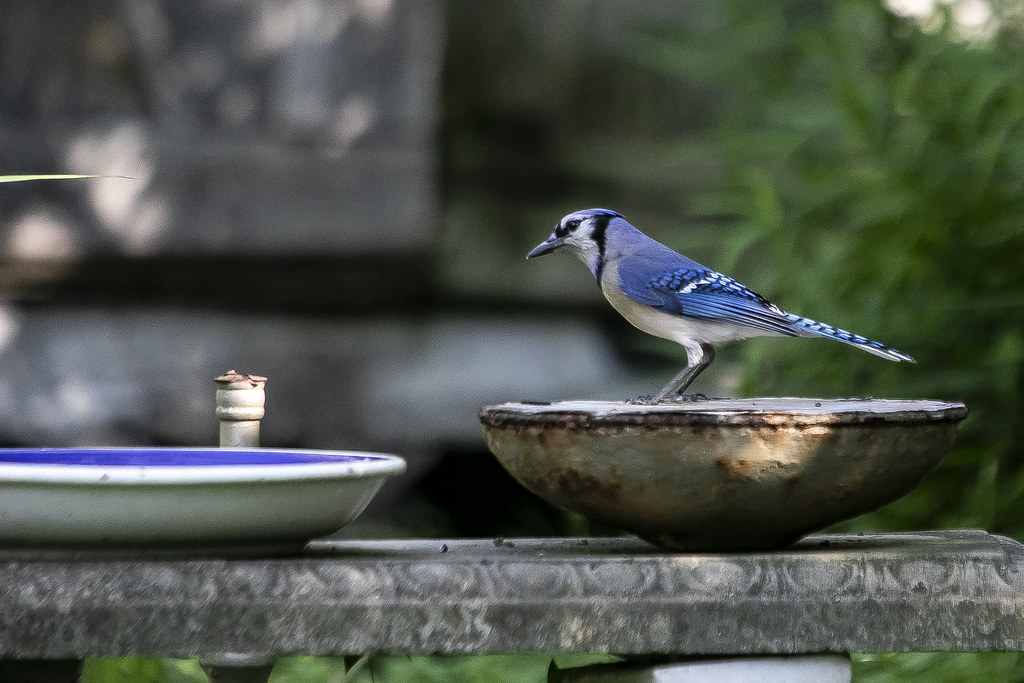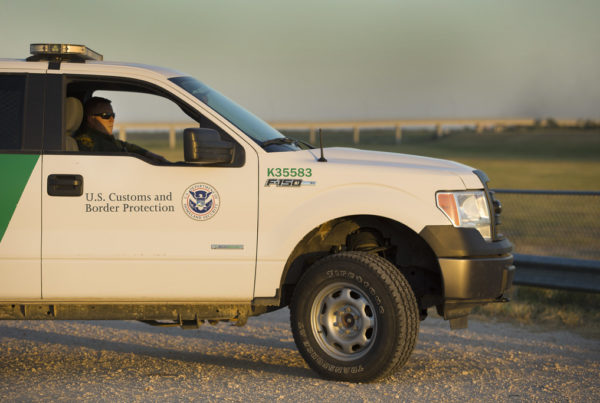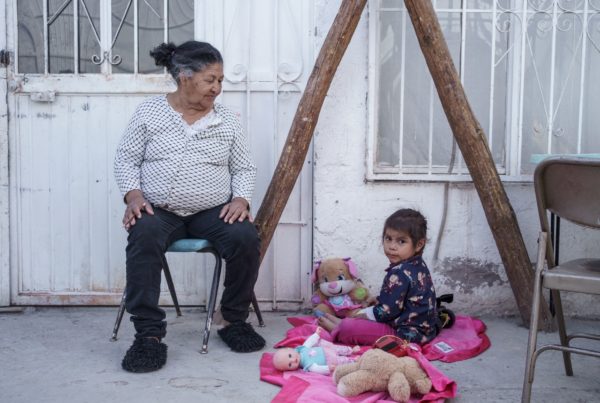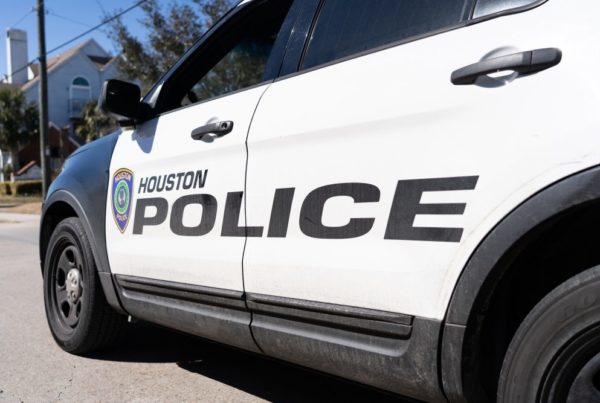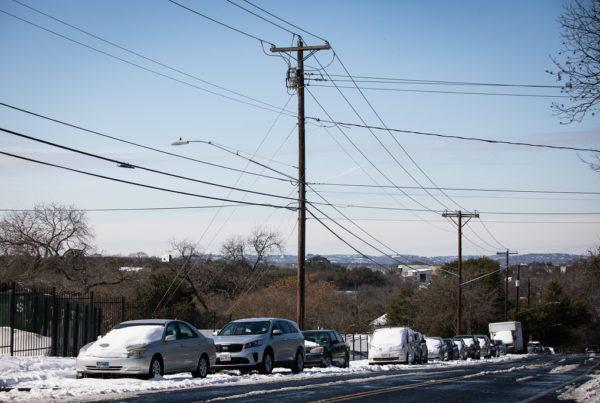This is the time of year when the skies above Texas get busy.
The Lone Star State is a major flyway for migratory birds. This time of year, they’re returning north from their winter homes in Central and South America.
It’s a trip that these birds make annually. But this time, any stopover in Texas may be a bit more hazardous than usual, thanks to an outbreak of salmonella – also known as songbird fever.
The outbreak began among pine siskins – seed-eating birds that range across nearly all of North America.
Salmonella bacteria occurs naturally, but it can also be spread through bird feeders. An infected bird can spread salmonella to others congregating at the feeder and create a kind of “superspreader” event. That’s why Gary Clark, nature columnist for the Houston Chronicle and the San Antonio Express-News, told the Texas Standard that people should take down their feeders as soon as possible.
“You have to take bird feeders down immediately and keep them down for a couple of weeks so that the birds disperse into the trees and forest,” Clark said. “Then, you know, if one bird gets sick, it can’t easily infect the entire crowd.”
Even under normal circumstances, bird feeders should be kept clean so that bacteria doesn’t develop inside of them. Clark cleans his every two weeks. Removing and cleaning feeders now is especially important though, since so many birds are migrating through Texas right now. Otherwise, Clark says salmonella poisoning could kill a large number of birds.
To make sure a feeder is completely clean, remove the seeds, clean the interior with a mild solution of bleach and water and let it dry in the sun. Do not put the feeder back up for at least two weeks.


